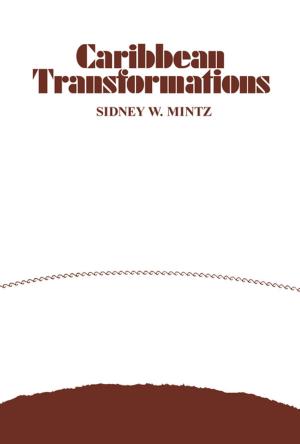The Liberal Peace and Post-War Reconstruction
Myth or reality?
Nonfiction, Social & Cultural Studies, Political Science, International, International Security, History, Modern, 20th Century| Author: | ISBN: | 9781317989691 | |
| Publisher: | Taylor and Francis | Publication: | September 13, 2013 |
| Imprint: | Routledge | Language: | English |
| Author: | |
| ISBN: | 9781317989691 |
| Publisher: | Taylor and Francis |
| Publication: | September 13, 2013 |
| Imprint: | Routledge |
| Language: | English |
The post-Cold War has witnessed enormous levels of western peacekeeping, peacemaking and reconstruction intervention in societies emerging from war. These western-led interventions are often called ‘liberal peacebuilding’ or ‘liberal interventionism’, or statebuilding, and have attracted considerable controversy.
In this study, leading proponents and critics of the liberal peace and contemporary post-war reconstruction assess the role of the United States, European Union and other actors in the promotion of the liberal peace, and of peace more generally. Key issues, including transitional justice and the acceptance/rejection of the liberal peace in African states are also considered.
The failings of the liberal peace (most notably in Iraq and Afghanistan, but also in other locations) have prompted a growing body of critical literature on the motivations, mechanics and consequences of the liberal peace. This volume brings together key protagonists from both sides of the debate to produce a cutting edge, state of the art discussion of one the main trends in contemporary international relations.
This book was originally published as a special issue of Global Society.
The post-Cold War has witnessed enormous levels of western peacekeeping, peacemaking and reconstruction intervention in societies emerging from war. These western-led interventions are often called ‘liberal peacebuilding’ or ‘liberal interventionism’, or statebuilding, and have attracted considerable controversy.
In this study, leading proponents and critics of the liberal peace and contemporary post-war reconstruction assess the role of the United States, European Union and other actors in the promotion of the liberal peace, and of peace more generally. Key issues, including transitional justice and the acceptance/rejection of the liberal peace in African states are also considered.
The failings of the liberal peace (most notably in Iraq and Afghanistan, but also in other locations) have prompted a growing body of critical literature on the motivations, mechanics and consequences of the liberal peace. This volume brings together key protagonists from both sides of the debate to produce a cutting edge, state of the art discussion of one the main trends in contemporary international relations.
This book was originally published as a special issue of Global Society.















